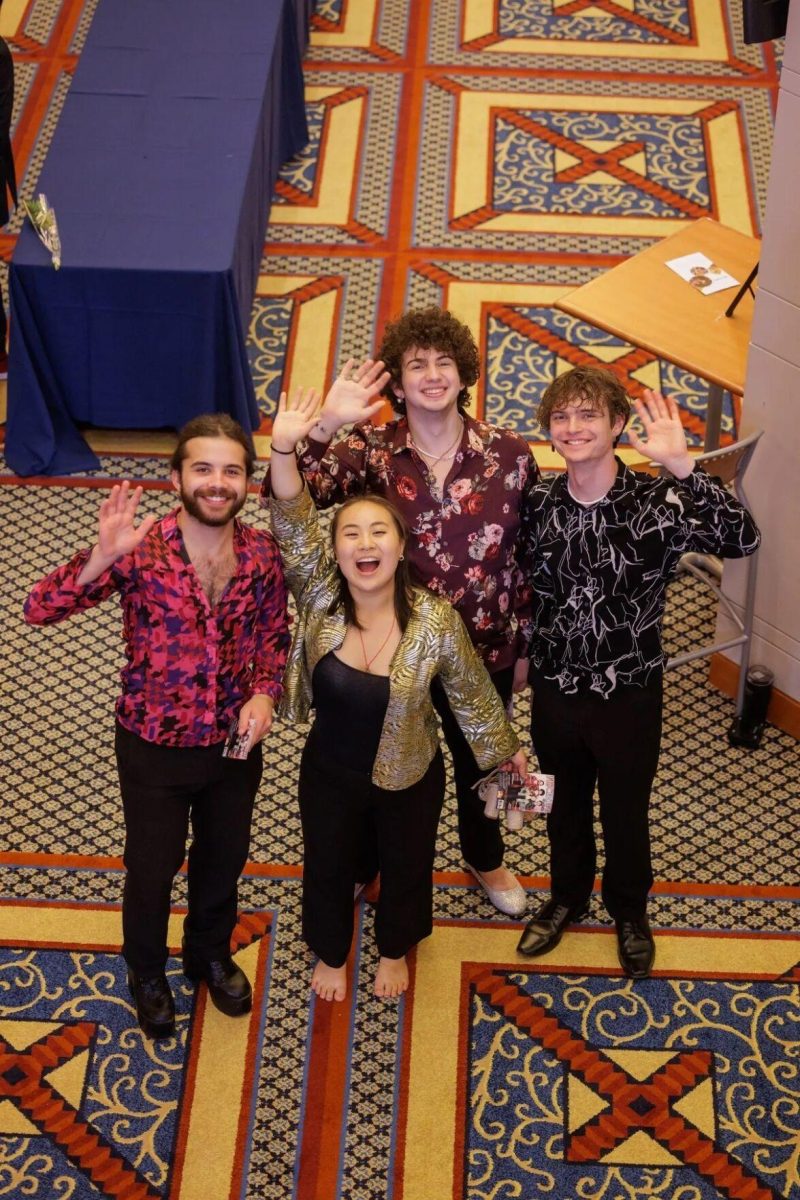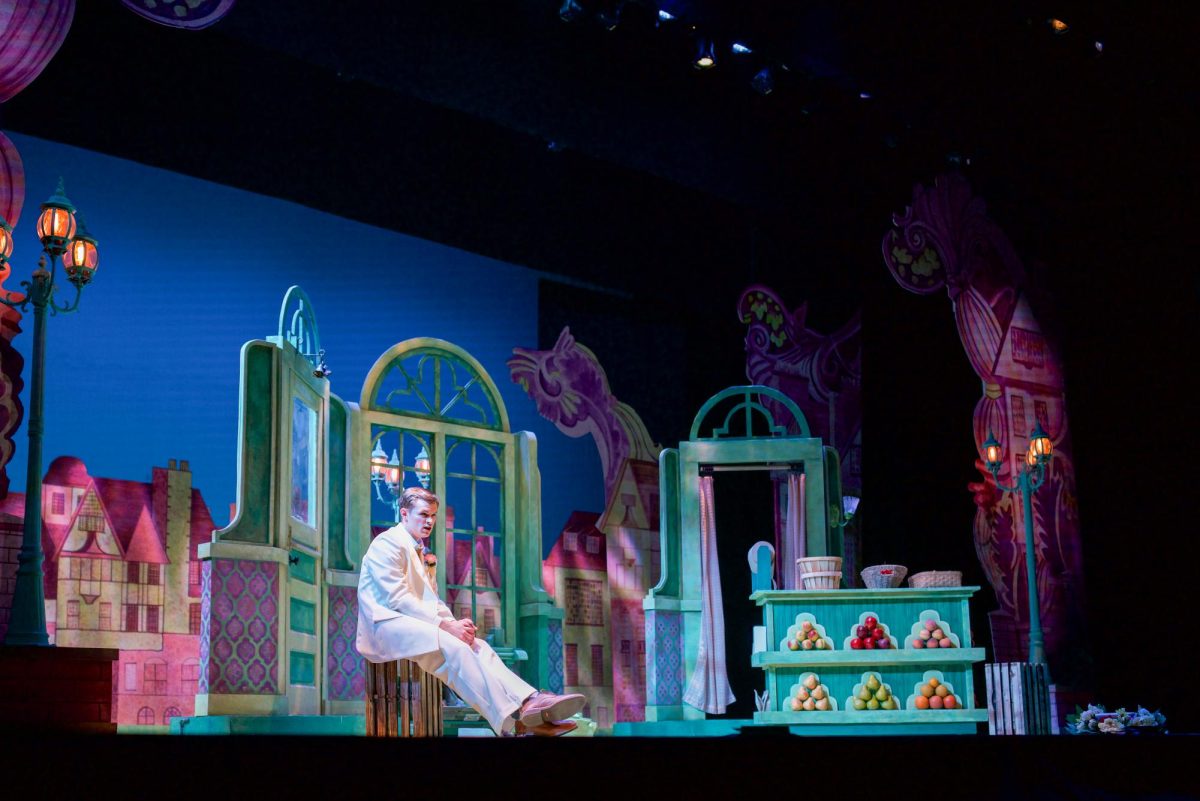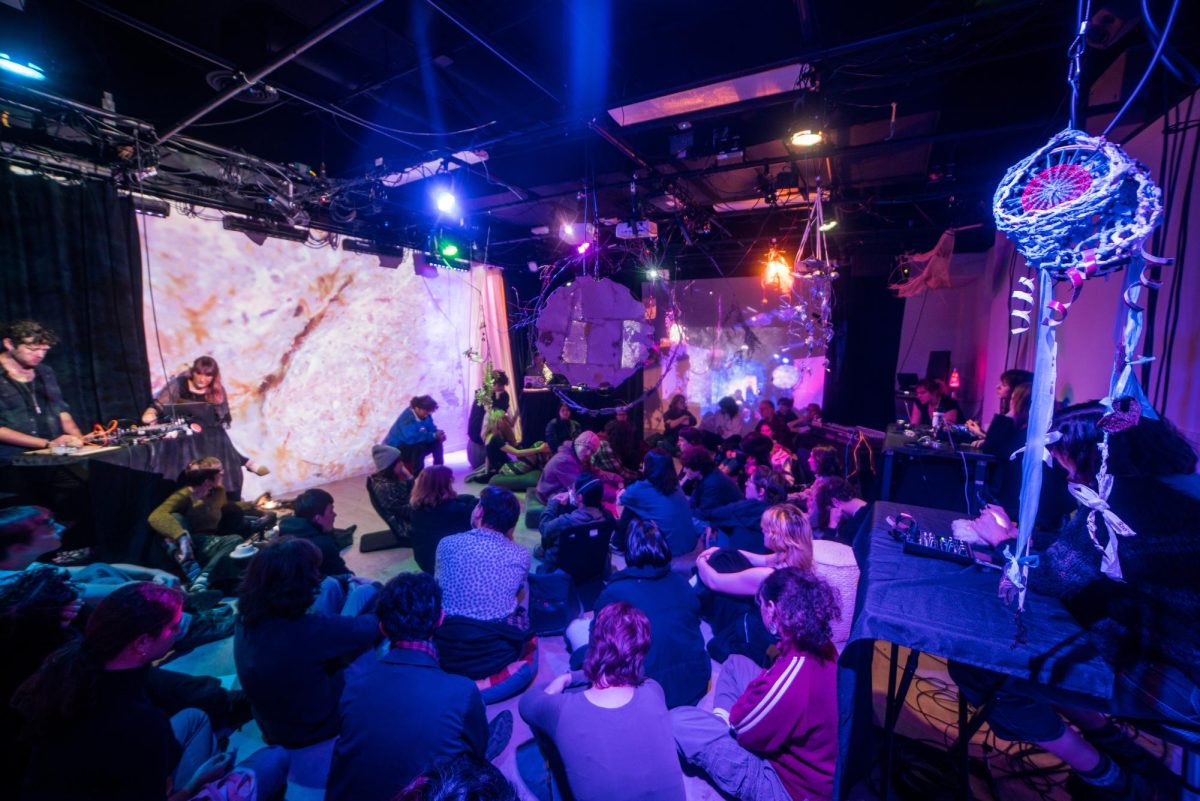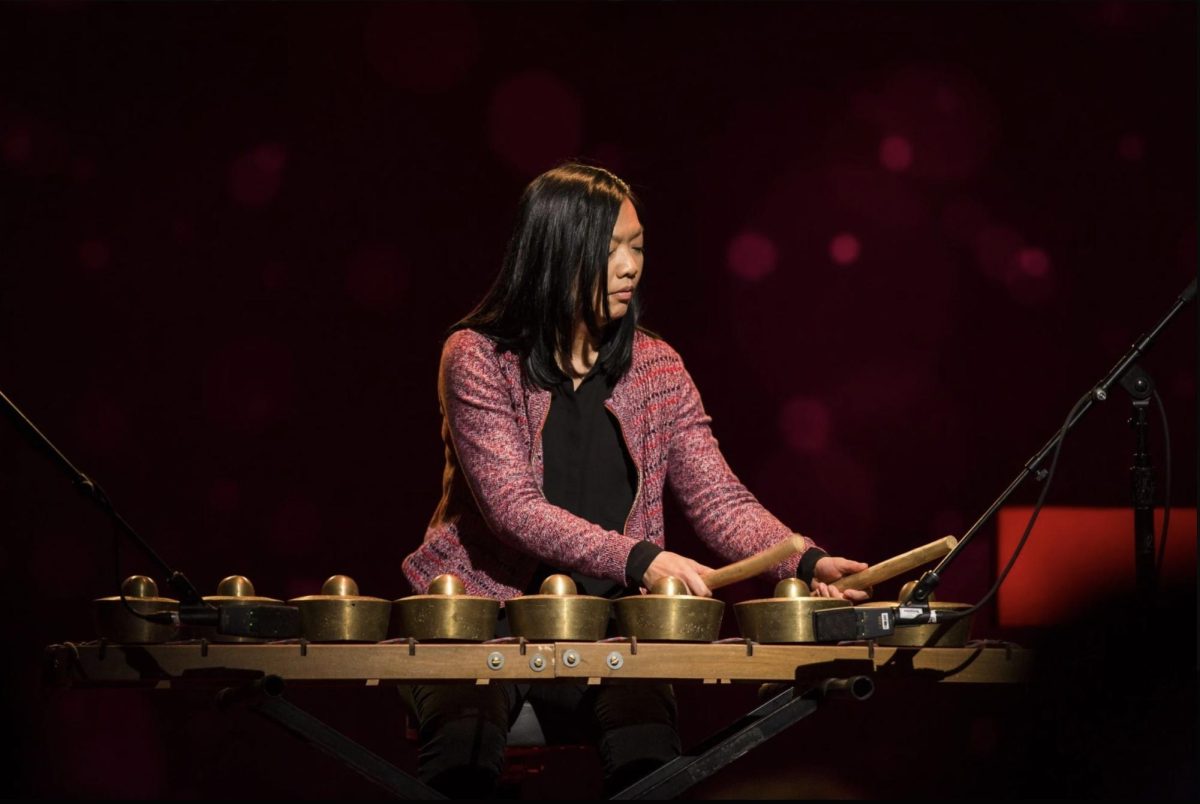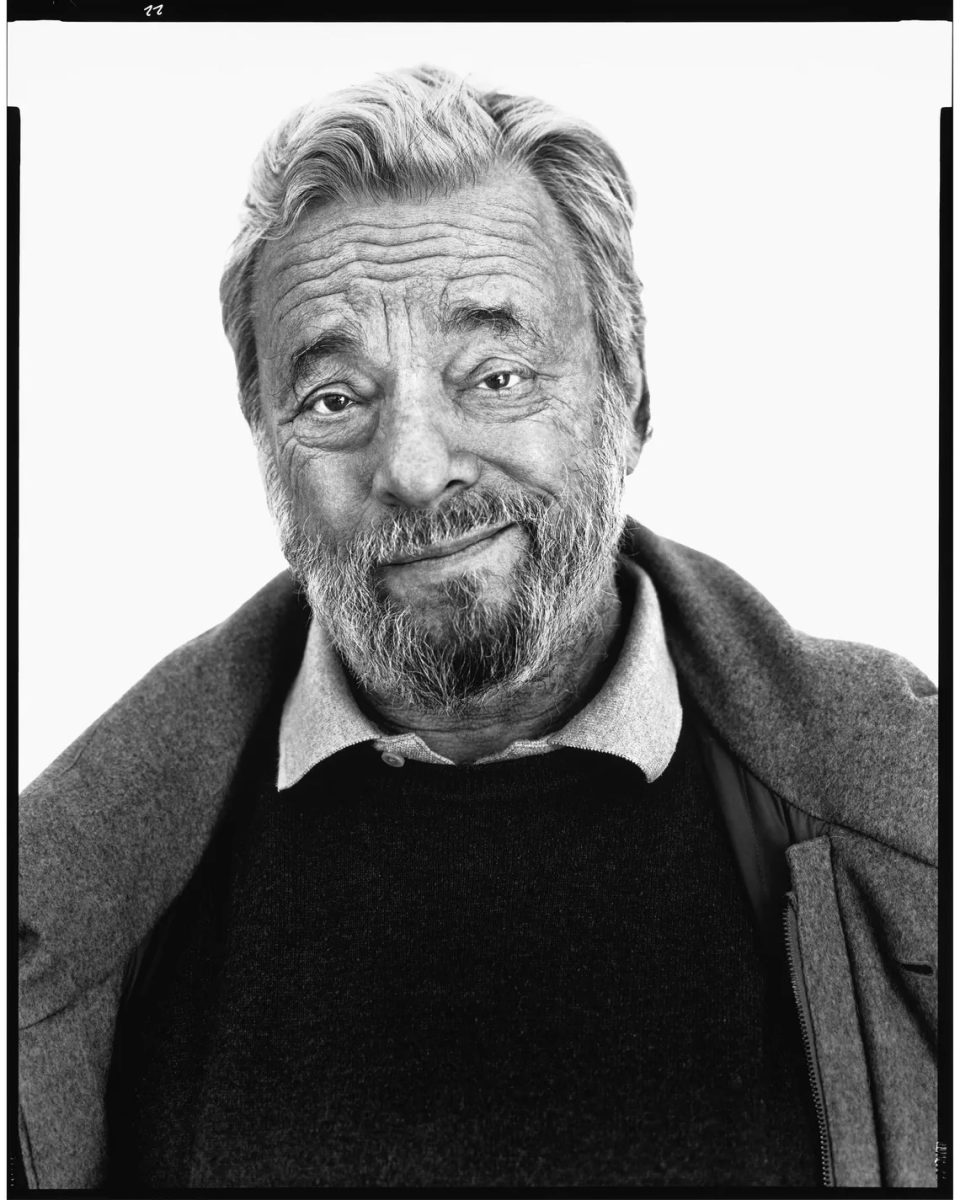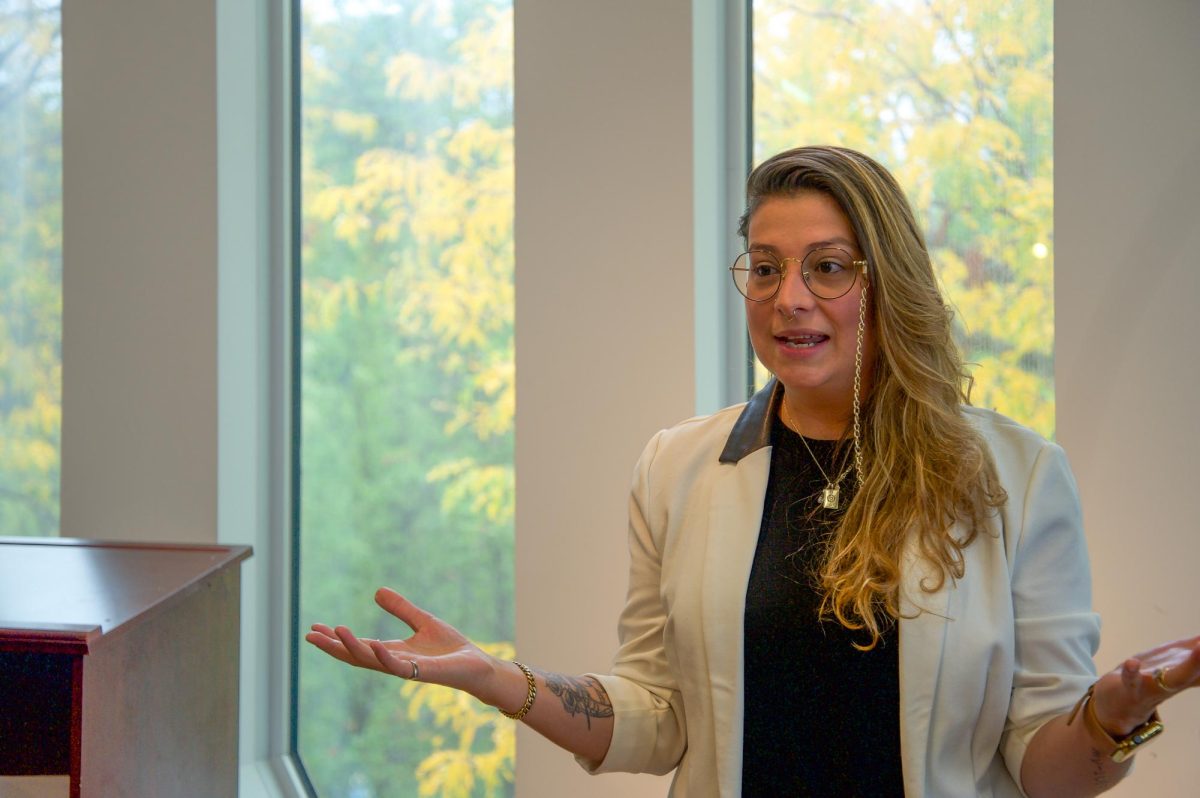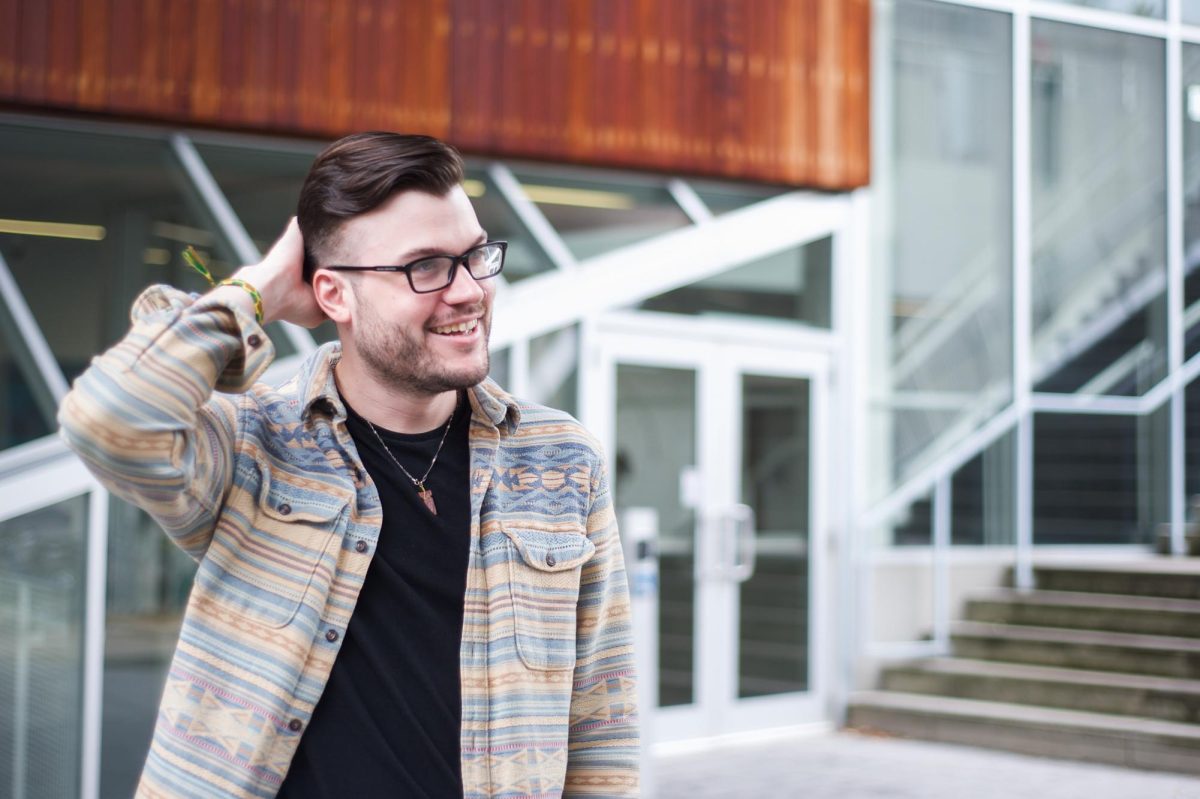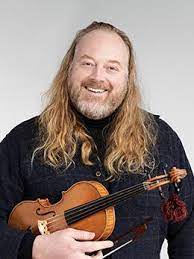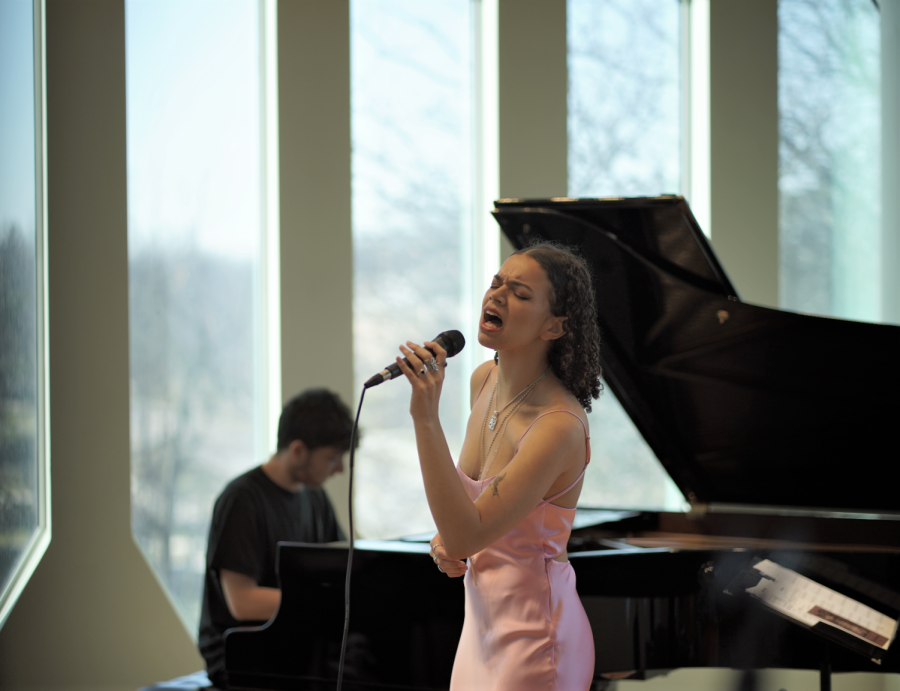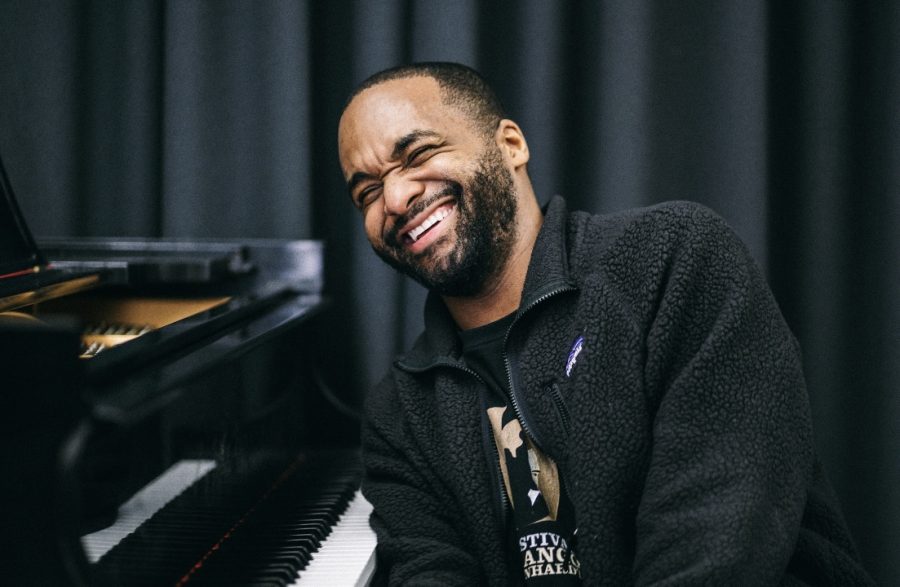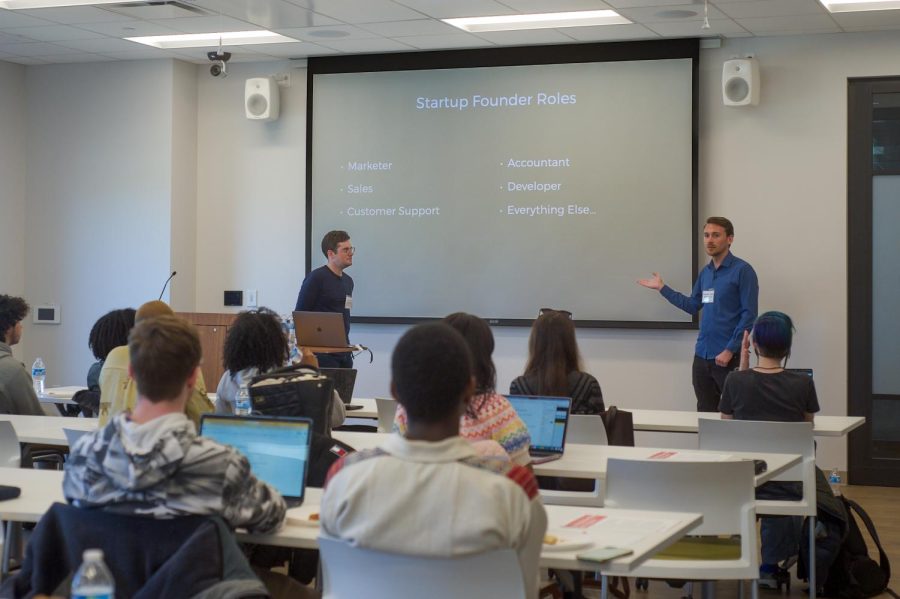Quoted as an “emerging young ensemble to watch” by the Hyde Park Herald, the Poiesis Quartet was formed at Oberlin College and Conservatory during the fall semester of 2022. The members of the quartet are Conservatory fourth-year violinist Sarah Ying Ma, Conservatory fourth-year violinist Max Ball, violist Jasper de Boor, OC ’23, and double-degree fourth-year cellist Drew Dansby. The quartet found success very quickly, including achievements such as the gold medal at the Saint Paul String Quartet Competition and first place at the Fischoff National Chamber Music Competition. Only Dansby and Ma were interviewed for this article.
This interview has been edited for length and clarity.
How did the quartet form?
SYM: I wanted to do competitions, specifically the Fischoff Chamber Music Competition because I had never done it before. When I transferred from Juilliard in January 2022, I was looking for a group, but I didn’t know anybody. I asked Drew, because I knew we had mutual friends from social media. Originally, we were going for a piano trio, but we found Jasper and Max, and we got together to play. We all agreed on competitions as a group, and we did the Advanced Quartet Seminar together in our first semester.
At what point did you recognize your success as a group?
SYM: After performing at the St. Paul Competition we listened back to our performance, and that was the first time I really thought to myself, “Oh, wow, we actually have something good.” And I remember before that I would listen to our recordings and always have a problem with it. I would think that we would never win anything. After the St. Paul Competition, we won the gold medal, and the BIPOC/Female Composer prize, which we did not think we would win. But when we listened to it back, I felt like there’s something. There’s an energy here that I never had before in a chamber group. And I was interested in it. And I started exploring it more in rehearsals. I still — even to this day — think all four of us have doubts about ourselves as a group; we still question whether we could work together. But we are all committed to getting to a point where we feel secure in that.
What makes the Poiesis Quartet so special?
SYM: I don’t know whether we have a concrete answer for that. I feel like a lot of quartets have a very specific path they set and we don’t really have that — we are all interdisciplinary people.
Drew is double-degree, Max is doing jazz, and Jasper is doing everything. I guess we diverge from the traditional ensemble in that we are always exploring things that would give each of us a voice. We really want to do commissioned works, like placing priority on new music or diverse composers and repertoire that isn’t usually played in a quartet setting. I personally would really like to work with visual art and other types of art that can be collaborated with string quartets.
DD: We also want to be a queer group when we play. Not only with how we dress and present ourselves, but more for the idea that we are spontaneous, we like being very stylistic and so on. We like to bring that approach to the music.
SYM: I think that is really inherent to who we are. We are all queer, and I can’t think of many ensembles that have openly queer members, like the Attacca Quartet.
Can you tell me more about being a queer classical string quartet?
SYM: The programming and traditional classical music do not prioritize queer repertoire, queer music, or queer performers. They don’t really talk about queer approaches to music, or any marginalized approach, because there’s an ethic to the way marginalized people perform. The way we play is that we find a collaboration that is inherent to us because it is sort of how we always found belonging as queer people. I think us being a very openly queer ensemble, with the way we dressed at finals of the Fischoff Competition as well, is a big part of who we are. It is not something very purposeful, our identities give us a specific approach to music, and we play music in a different way because of that. The majority of the groups that I am inspired by are comprised of marginalized performers. And there’s a reason for that. I think it’s because of their approach to music being rooted in something community-based or the value that isn’t really seen in this standard representation of classical music.
What does the future look like for the quartet?
SYM: After Fischoff, we spent five months deciding what we were going to do in the future because Drew won a job in Cincinnati. But, a week ago, we all decided to move to Cincinnati. Starting in January 2024, me and Max will graduate early, and I will have to drop my double-degree. I am just going to get my Bachelor of Music and two minors. We are going to pursue an Artist Diploma at the University of Cincinnati College-Conservatory of Music.
DD: Yes, that is a two-year program. So we’re thinking it’ll be a really good opportunity for us to rehearse intensively, especially when we first get there, giving us some breathing room to learn a bunch of new rep, whatever we might need for competitions and performances in the future. Hopefully from there we can do more tours and find some management for it.


